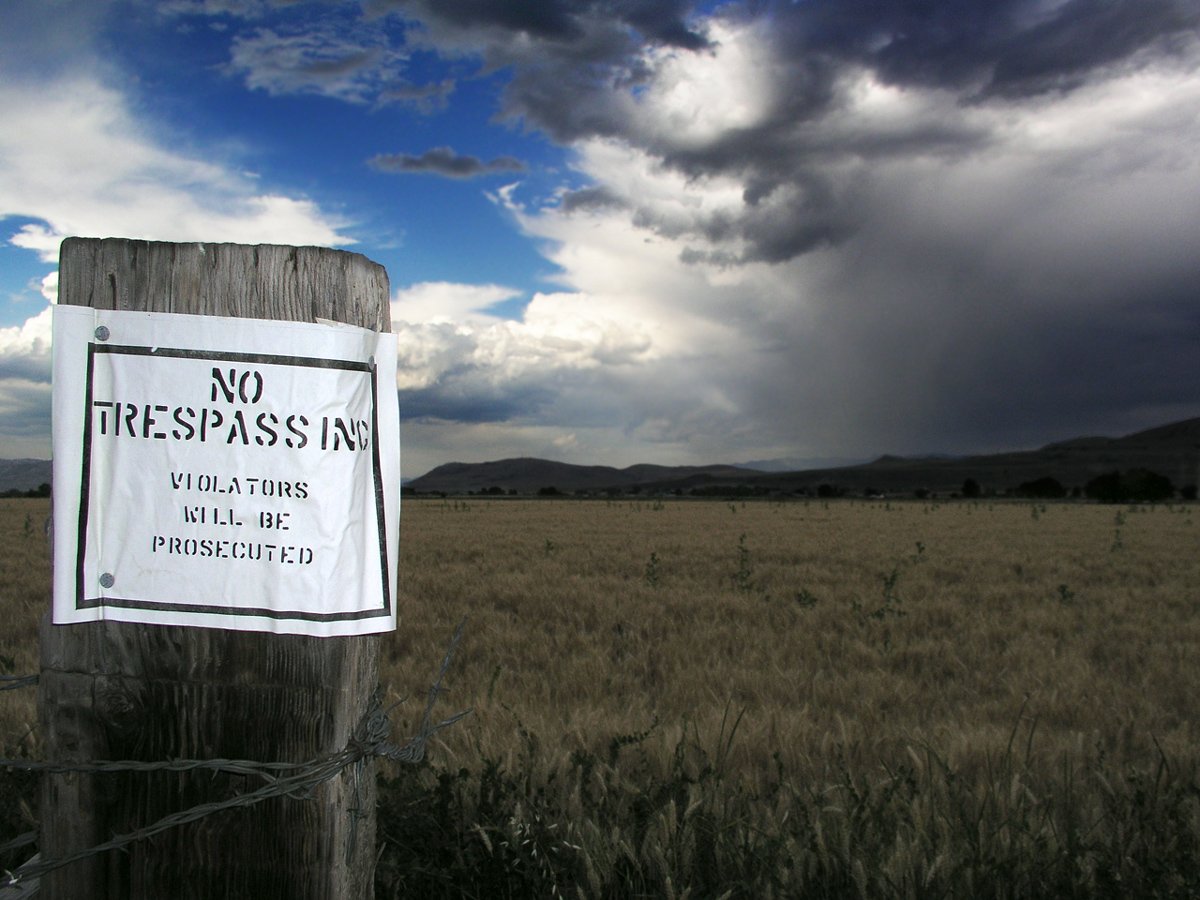
You
may have heard about it a couple of times, you may not have heard of it at all,
you may have heard it so much that youíre shocked that this article even
suggests that there are people who exist that know nothing about real estate
however, personal knowledge and experience is not always an accurate standard
for collective judgment and no matter how well you know a thing, it always
helpful to often visit the basics, so letís visit the basics.
What
is Real Estate?
In
the simplest of terms, immovable property. Real estate refers to property fixed
at an exact location. This includes land and structures built upon or attached
to land. So, if you own a house or a land, you own a piece of real estate.
A
Little History.
Real
estate has always been a crucial part of human history holding humane and
cultural significance. Civilizations and tribes dating back thousands of years
often trace and mark their history and wealth through the possession and
occupation of real estate. Due to its immovable nature, certain measures were
taken to mark possession and territories like the building of walls, the
erecting of monuments, the planting of vegetation, the hoisting of flags,
emblems, etc. As humanity and her laws evolved, official documentation became
paramount for claiming title to land. Often these documents hold treaties on
boundary agreements, declarations of possession often authenticated by the seal
or signature of a higher authority with the power of issuing out such property,
etc. Despite the global abundance of land resource, the process of owning land
and other real property has always differed between jurisdictions. The
invisible factors of history and culture and the visible factors of geography make
the laws that regulate real estate peculiar to each jurisdiction.
In
Nigeria, there are diverse laws regulating the issue of real estate and this is
a testament to the diversity of her lands and her people however, the two
umbrella legislations on real estate are the 1999 Constitution of the Federal
Republic of Nigeria from where all other legislations draw validity and the
Land Use Act of 1990 formerly 1978.
The
Real Estate Market in Edo State.
In
Edo State, real estate is a thriving sector that has captured the attention of
many foreign and local investors. With its promising growth and potential, the
real estate market in Edo State presents lucrative opportunities for both
buyers and developers as it has witnessed significant growth and development in
recent years. The demand for quality housing has increased due to factors such
as urbanization, population growth, and economic development. As a result,
property prices have been on the rise, making real estate investments
increasingly attractive. On the issue of housing, Edo State offers a wide range
of options to suit different preferences and budgets. Prospective homebuyers
can choose from apartments, detached houses, duplexes, and more. These
properties often come equipped with modern amenities and features, such as
gated security, reliable water supply, and good road networks. The availability
of quality housing options has contributed to the growing interest in real
estate in Edo State.
Legal
Considerations.
When
engaging in real estate transactions in Edo State, it is essential to navigate
the legal landscape effectively. Conducting proper due diligence is crucial to
ensure that properties have valid titles and are free from any encumbrances.
This is more so due to the predominance of culture and tradition in the state
especially as touching land and landed property. Its Monarchical system
initially vested all ownership of land in the Oba however, this right was
circumscribed by the Land Use Act, 1978 now 1990 that vested all land comprised
in the territory of each state in the governor of that state. Other state-made legislations
include, EDOGIS Law 2018, Edo State Land Use Charge Law 2012, Edo State Private
Property Protection Law 2017 and Edo State Public Procurement Law 2012. Legal
and customary title to land, however, runs concurrently in the state and the
requirements involving the acquisition of customary or state-owned land and the
rights over land acquired through either process differs. Prospective
landowners should prioritize obtaining valid land titles and conducting
thorough title verification to safeguard their investments. Dealing with
unregistered lands carries significant risks and can lead to legal
complications. It is advisable to work with reputable land surveyors and legal
experts to ensure the authenticity and legality of land documents. Consulting
with legal professionals who specialize in real estate law in the state will
most certainly provide valuable guidance and ensure a smooth transaction
process.
Investment
Opportunities.
Edo
State offers promising investment opportunities in the real estate sector. The
growing population, infrastructural development, and government initiatives
aimed at attracting investors make it an ideal destination for real estate investments.
Being at such a strategic location as a gateway state to Eastern and Western
Nigeria, it present favorable conditions for property appreciation and rental
income. Investors can explore various options, including residential
properties, hospitality projects, commercial spaces, and land development
projects, to capitalize on the evolving real estate market in Edo State.
Challenges and Solutions.
Despite
the opportunities, the real estate sector in Edo State faces some challenges.
Land disputes, inadequate infrastructure in certain areas, and limited access
to financing are common obstacles. To overcome these challenges, stakeholders
need to engage in transparent land transactions, collaborate with the
government to improve infrastructure, and explore alternative financing options
such as mortgage facilities and partnerships with financial institutions. It is
important to address these challenges collectively to ensure sustainable growth
in the real estate sector.
In conclusion, the real estate market in Edo State is thriving, presenting immense opportunities for investors and homebuyers. With the right knowledge and guidance, navigating the legal landscape and making informed decisions becomes easier. By capitalizing on the housing options, understanding the legal considerations, and addressing challenges, stakeholders can take advantage of the potential growth in the real estate sector in Edo State, Nigeria.


